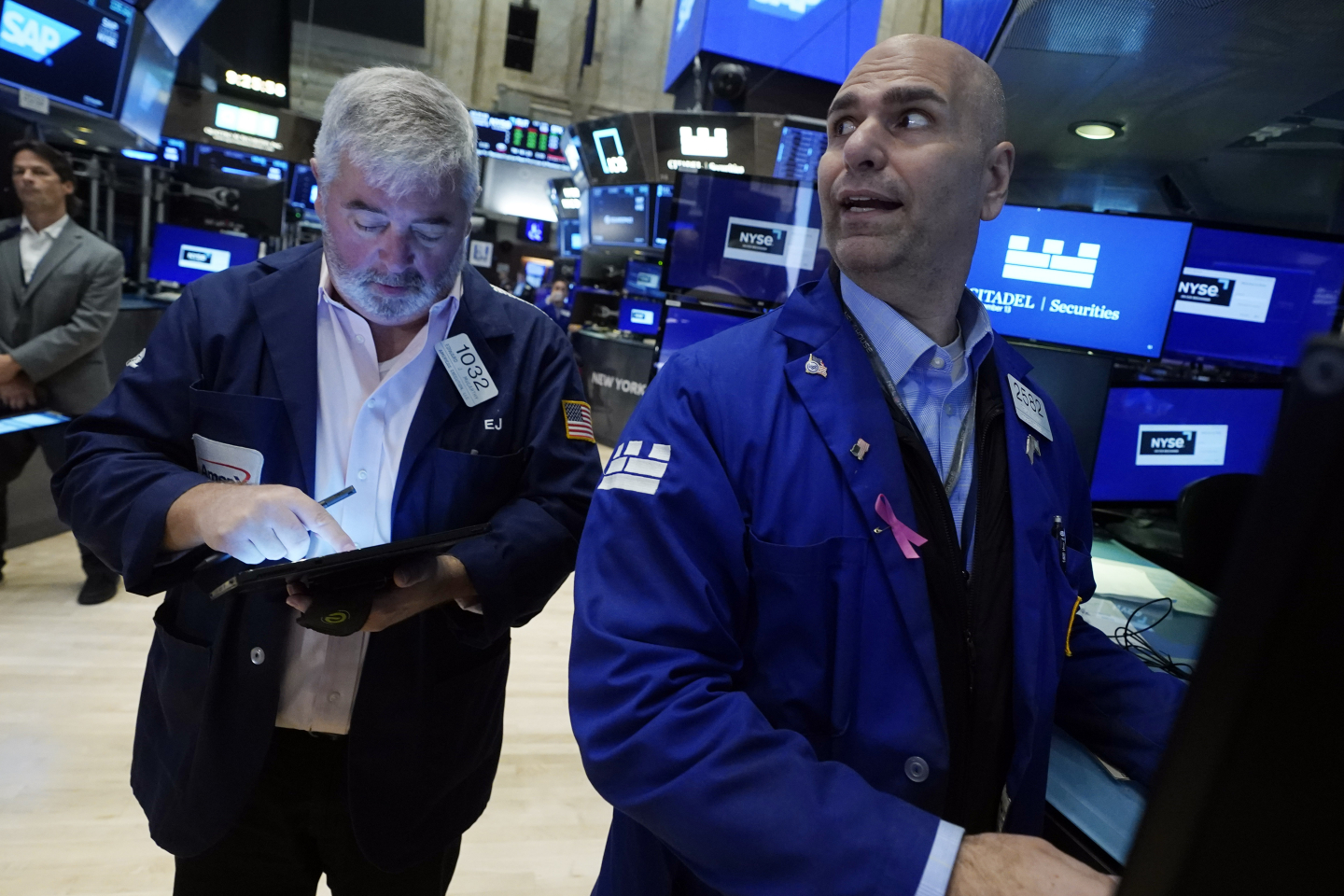In today’s mainstream consciousness, climate change has surpassed nuclear-warhead proliferation as the biggest existential threat to mankind. Moreover, daily media coverage suggests that climate change is happening faster than previously expected and with broader and more ominous implications. Clearly the challenges (and opportunities) presented by climate change require a massive but exceedingly thoughtful response from policymakers, corporations, investors, and citizens alike.
Financial institutions of all kinds are now subject to conflicting political pressures from both the Left and the Right;they must respond to climate change in a way that helps solve the problem while also adhering unwaveringly to their fiduciary duties. Below, we discuss why many climate change initiatives are misguided and counterproductive, identify serious challenges to real and immediate progress, and outline a preferred “both/and” approach for institutional investors.
Divestment
Many on the Left are demanding the divestment of fossil-fuel-related assets from institutional investment portfolios. While we appreciate the sincerity of their concerns, the divestment impulse is a naïve, politically expedient, and completely wrongheaded reaction to the world’s most complex problem. Divestment ignores how capital markets work and thus is hopelessly flawed as an effective strategy for combating climate change.
Historically, the closest analog to today’s divestment clamor was the institutional investment community’s campaign against tobacco more than two decades ago. In March 2000, the California State Teachers Retirement System (CalSTRS), America’s second-largest public-pension fund, divested its ownership interest in tobacco companies. Sincethen, however, no one has cited the CalSTRS divestment decision as the reason they stopped smoking. Similarly, and due primarily to the absence of viable alternatives, no one will stop driving an internal combustion engine automobile if their local or state pension fund divests from fossil fuels.
More importantly, divestment compounds the problem by robbing responsible shareholders (e.g., CalSTRS) of corporate management engagement opportunities and transfers ownership rights to investors for whom environmental stewardship is not an important consideration. The success Engine No. 1 achieved in its 2021 ExxonMobil (XOM) proxy battle would not have been possible had CalSTRS divested its significant XOM equity position. Big asset managers like BlackRock, State Street, and Vanguard—all under attack for their fossil fuel holdings—played a key role in that boardroom saga as well.
Divestment also harms asset owners like public pension funds by lowering the investment returns on which their beneficiaries depend. For example, since March 2000, CalSTRS has conducted six separate divestment campaigns, each of which has resulted in an opportunity cost to that pension plan. As of December 31, 2022, CalSTRS has incurreda $9.5 billion combined opportunity cost as a result of these divestment initiatives.
Divestment proponents also ignore the inconvenient truth that 65% of the world’s oil and gas reserves are controlled by national oil companies (NOCs), most of which operate as part of (or with protection from) despotic political regimes. Indulging the fantasy that divestment will somehow put Western oil majors out of business leaves the entire oil and gas market to the NOCs. And Saudi Aramco, with the lowest exploration and production costs and 52years’ worth of proven reserves, will be the last man standing. How does that sound?
Finally, the only way divestment could work is by raising the cost of capital for fossil fuel-related activities in a way that discourages or curtails supply. Given the current absence of alternatives at scale, energy demand is relatively inelastic. Accordingly, any short-term reduction in supply will result in immediate price increases for gasoline and other carbon-based products. Those price increases will fall disproportionately on the members of society who can least afford to bear them, namely the poor and working classes who cannot work from home and for whom an electric-vehicle purchase is financially untenable. We support the concept of a “Just Transition,” but justice most assuredly won’t be won by divestment.
Methane
Water and methane gas are the two primary byproducts of oil- and gas-exploration efforts. Moreover, when it comes tonear-term environmental damage, methane is about 85 times worse than CO2 and accounts for 30% of global warming to date. North America, and the U.S. in particular, has among the world’s most stringent methane emissions standards. Moreover, the Biden Administration’s 2022 Inflation Reduction Act (IRA) established a Methane Emissions Reduction Program (MERP) that applies to enterprises obligated to report emissions under the Clean Air Act (namely, companies that emit greater than 25,000 metric tons of CO2-equivalent per year). Penalties imposed by MERP start at $900 per metric ton in 2024, increasing to $1,500 in 2026 and thereafter. These penalties provide producers with a compelling economic incentive to lower methane emissions (principally through reduced flaring and pneumatic valve replacement).
We’re not entirely sure, and we don’t hold ourselves out as geopolitical experts, but we suspect that programs like MERP don’t exist in production regions like Iran, Turkmenistan, or Venezuela. Rather than continuing to support futile and counterproductive divestment and net zero initiatives, environmental activists should be vigorously campaigning to move as much oil and gas production as possible to the U.S.
SUBSCRIBE TO OUR NEWSLETTER
Subscribe our newsletter to receive the latest news, articles and exclusive podcasts every week


